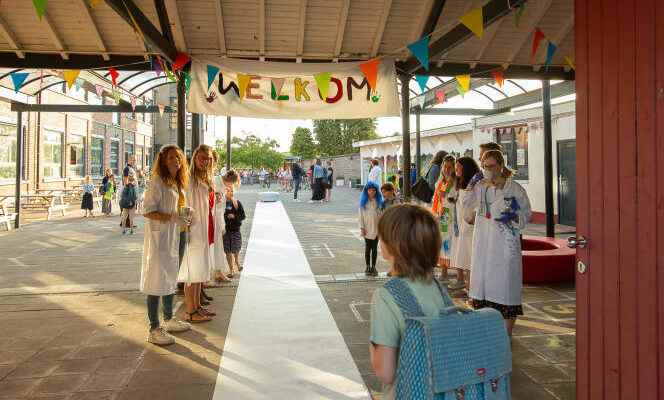BENELUX LETTER
Alexander De Croo, the Belgian Prime Minister, has, like his European colleagues, other fish to fry at the moment, but he cannot escape the existential questions which still arise in his country. Institutional crisis in sight or not? A threatening split or pure fantasy? New major institutional negotiation, the seventh of its kind, after the next elections (2024) or, on the contrary, renewed powers for the federal level?
“No need for a new big circus of discussions”recently launched the head of the federal government in the magazine Wilfried. The Flemish liberal leader was perhaps inspired by the lessons of a questionnaire recently sent to hundreds of parliamentarians by the Center for Socio-Political Research and Information and showing that a majority of elected members now wanted to stop the train of regionalization. Supporting the idea of a revival of a certain “Belgian identity”, the French-speaking Minister of Education, Caroline Désir (PS), has just launched the idea of compulsory learning of Dutch in Wallonia as soon as the third year of primary school.
Scheduled for 2027, this reform will no doubt surprise foreigners, perhaps persuaded that if they do not speak them, Belgians of all ages have learned the two official languages, or even all three, since German has the same status as French and Dutch. Error: if learning Dutch is compulsory for young French speakers in the Brussels region, only a third of Walloon pupils study it. They prefer English and – a little – German. Already in 1996, one of the predecessors of Mme Désir had nevertheless assured that all high school students in Brussels and Wallonia would speak Dutch five years later, in 2001…
Need for a Copernican Revolution
If the reform mentioned by Caroline Désir is supposed to see the light of day in just five years, it is because various obstacles will first have to be overcome. Politics, first: the colleagues of Mme Désir show very little enthusiasm for engaging in this debate, which is perhaps a little too symbolic in their eyes, as if some were unable to shake off the feeling that their language and culture remain superior to those of their northern neighbours. Or that the regionalization that they wanted so much should also be affirmed by the rejection of the language of “the other”. The current political context, with a Flemish landscape dominated by a nationalist right and a racist extreme right which have made the defense of “their” language a weapon and an absolute obviously does not help to improve the image of Dutch among young people. French speakers.
You have 55.24% of this article left to read. The following is for subscribers only.
